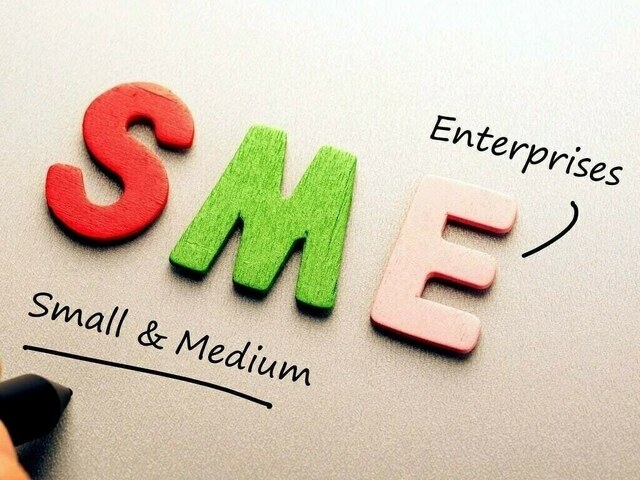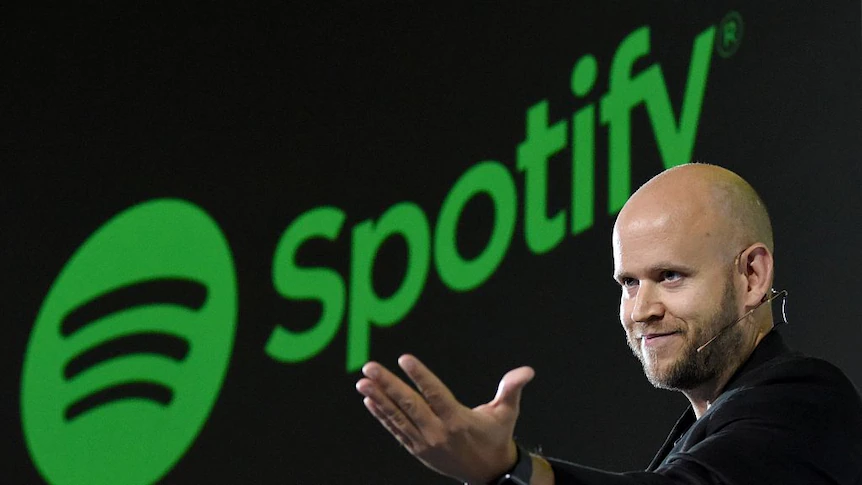By Last Updated
Copyright indiatimes

A blistering rally in Chinese technology shares accelerated on Wednesday as renewed bets on artificial intelligence sent a key gauge to the highest in nearly four years. The Hang Seng Tech Index, which tracks the largest tech firms listed in Hong Kong, rose as much as 3.9% to hit its highest level since November 2021. Search engine operator Baidu Inc led gains with a 19% jump but multiple tech giants came along for the ride: Shares of Alibaba Group Holding Ltd., Semiconductor Manufacturing International Corp, and JD.com Inc all surged in morning trading.Bloomberg
The index is now set for its seventh consecutive week of gains, helped by easing tensions between China and the US as well as hopes that tech companies’ big bets on AI will pay off. The gauge has surged 41% this year, trouncing a benchmark of regional peers.“China tech leaders are visibly re-accelerating AI spend and product rollouts — models, robotaxis, in-house chips — while also proving they can monetize AI faster than many expected,” said Charu Chanana, chief investment strategist at Saxo Markets. “With valuations lagging the U.S., investors are starting to pay attention again.”The Hang Seng Tech Index trades at around 20.5 times forward earnings, below its five-year average of 23.3 times earnings and Nasdaq 100 Index’s ratio of 27 times, according to Bloomberg-compiled data.If the rebound continues, it could accelerate the return of capital to China’s markets after years of gyrations due to regulatory crackdowns and post-pandemic economic woes. The surprise debut of a DeepSeek AI model at the start of this year has fuelled renewed interest in the whole Chinese AI universe, putting the country back on the map as a contender for AI leadership. Brokers are quickly lifting price targets. Goldman Sachs Group Inc. has raised its target for Alibaba’s shares, citing a better outlook for its cloud business. Arete Research Services LLP lifted its rating on Baidu’s American depositary receipts to buy from sell on the growth potential for its in-house chip business. Earlier this week, JPMorgan Chase & Co. upgraded its rating on battery maker Contemporary Amperex Technology Co. Other headwinds for China’s internet sector are starting to clear. A local media report citing JD.com chairman Richard Liu saying he was not interested in starting a price war in the hotel sector sent shares of the e-commerce giant surging by more than 6%. Rivals including Meituan and Trip.com Group Ltd. also jumped.Big spendingChina’s biggest tech companies are in the middle of a spending spree on AI, as they race against one another and against US firms to conquer a market widely expected to revolutionize how people live and work.Total capital expenditure from major Chinese internet firms such as Alibaba, Tencent Holdings Ltd., Baidu and JD.com is set to hit $32 billion in 2025, more than doubling from $13 billion in 2023, according to a Bloomberg Intelligence report.That has helped create a funding spree in equity and bond markets. Alibaba raised $3.2 billion from a blockbuster convertible bond offering last week, while Tencent turned to the dim sum bond market for 9 billion yuan ($1.27 billion) on Tuesday, its first bond sale in four years.The latest news fuelling optimism was a state television report Tuesday night that China Unicom’s Sanjiangyuan data center has signed contracts to deploy AI chips from local firms including Alibaba’s chip unit T-Head. That information was presented to Chinese Premier Li Qiang when he visited the northwestern province of Qinghai, home to the Sanjiangyuan site, earlier this week, according to state broadcaster CCTV. Separately, Chinese foundry SMIC’s shares jumped over 6% following a report that it is running trials on China’s first domestically produced advanced chipmaking equipment.Also helping investor sentiment are encouraging signs in the bilateral relationship between the world’s two largest economies. President Donald Trump said this week he will talk to Chinese leader Xi Jinping on Friday, and US and Chinese officials have reached a framework deal on keeping the TikTok app running in the US.



